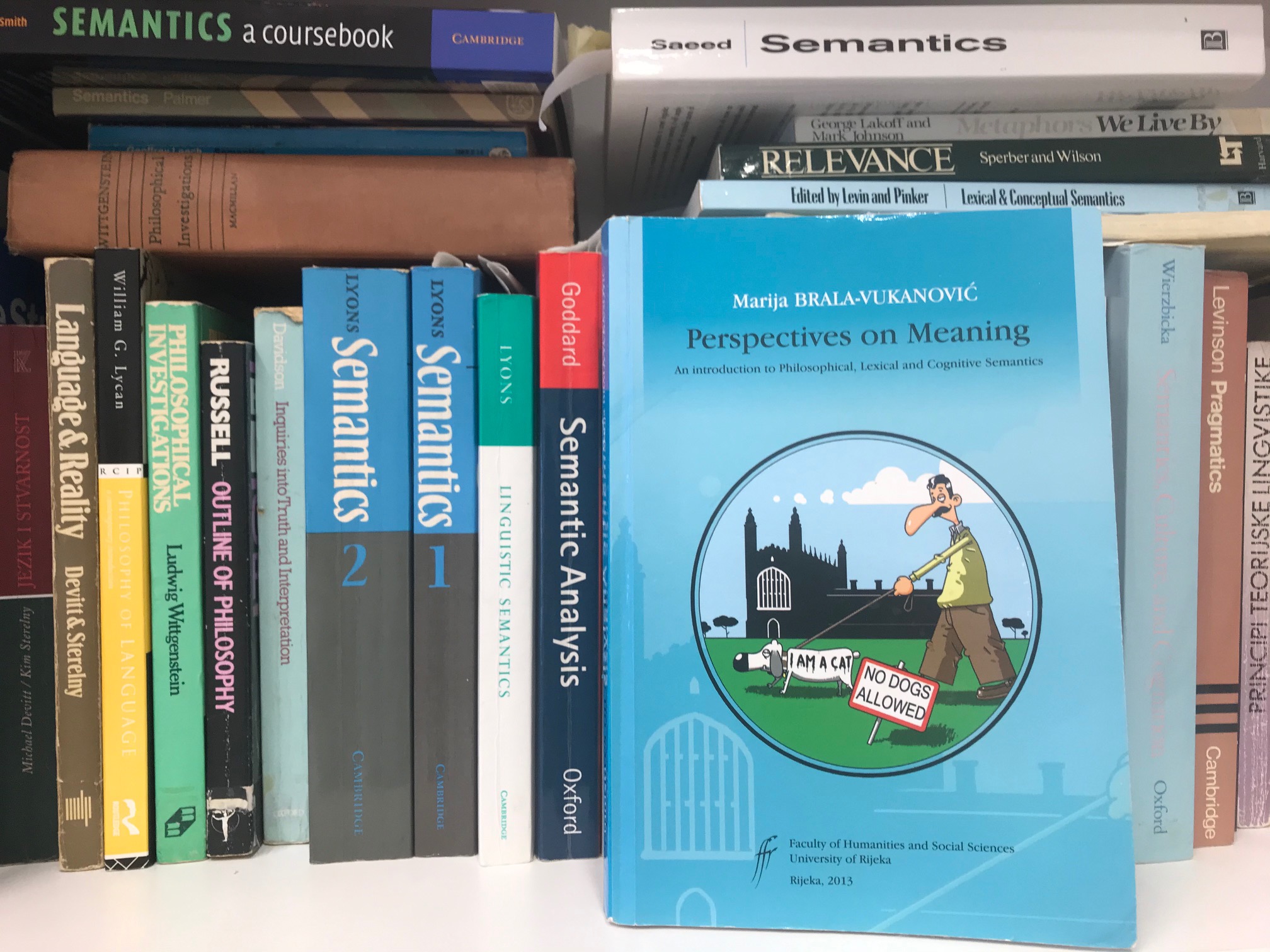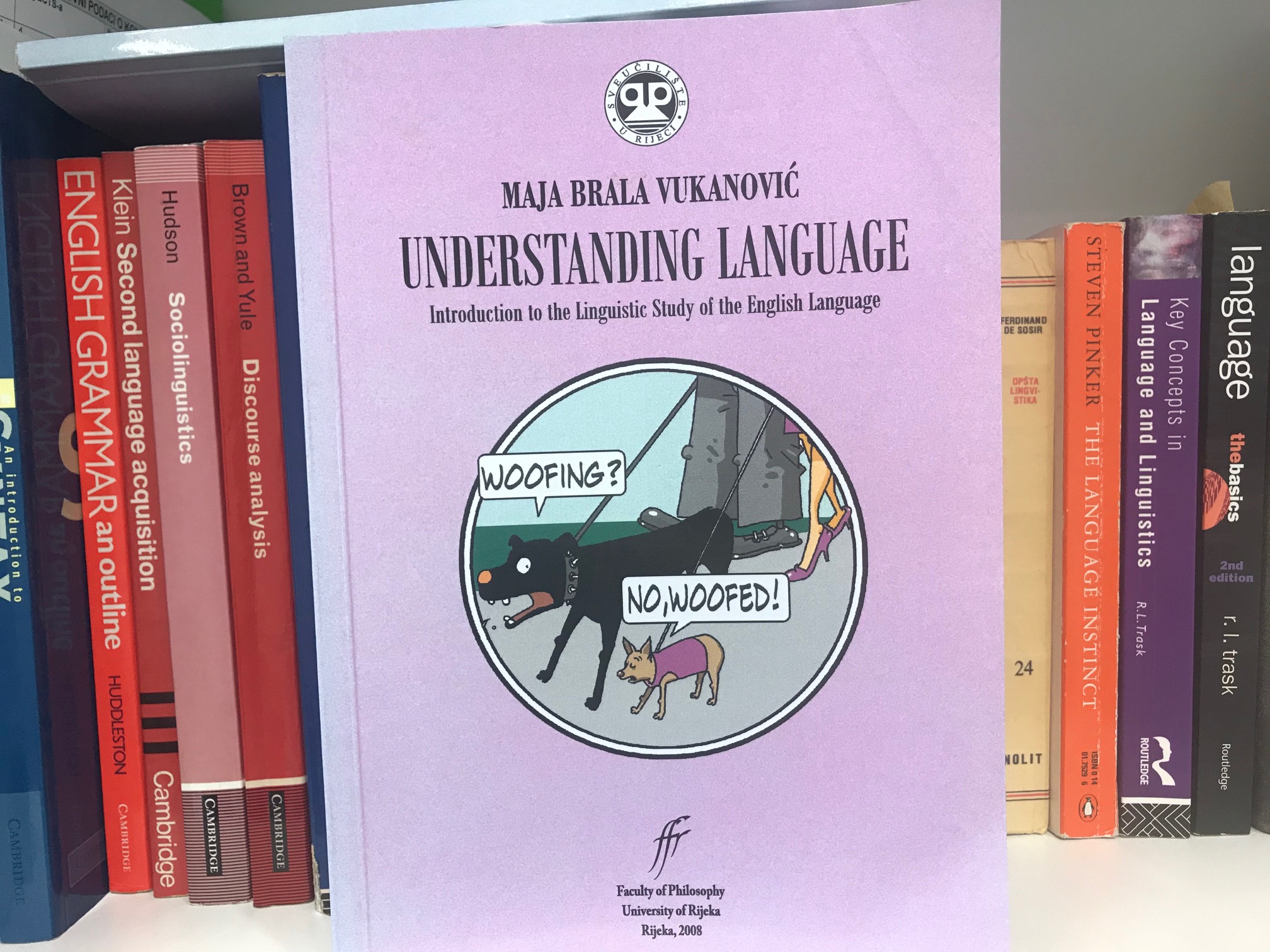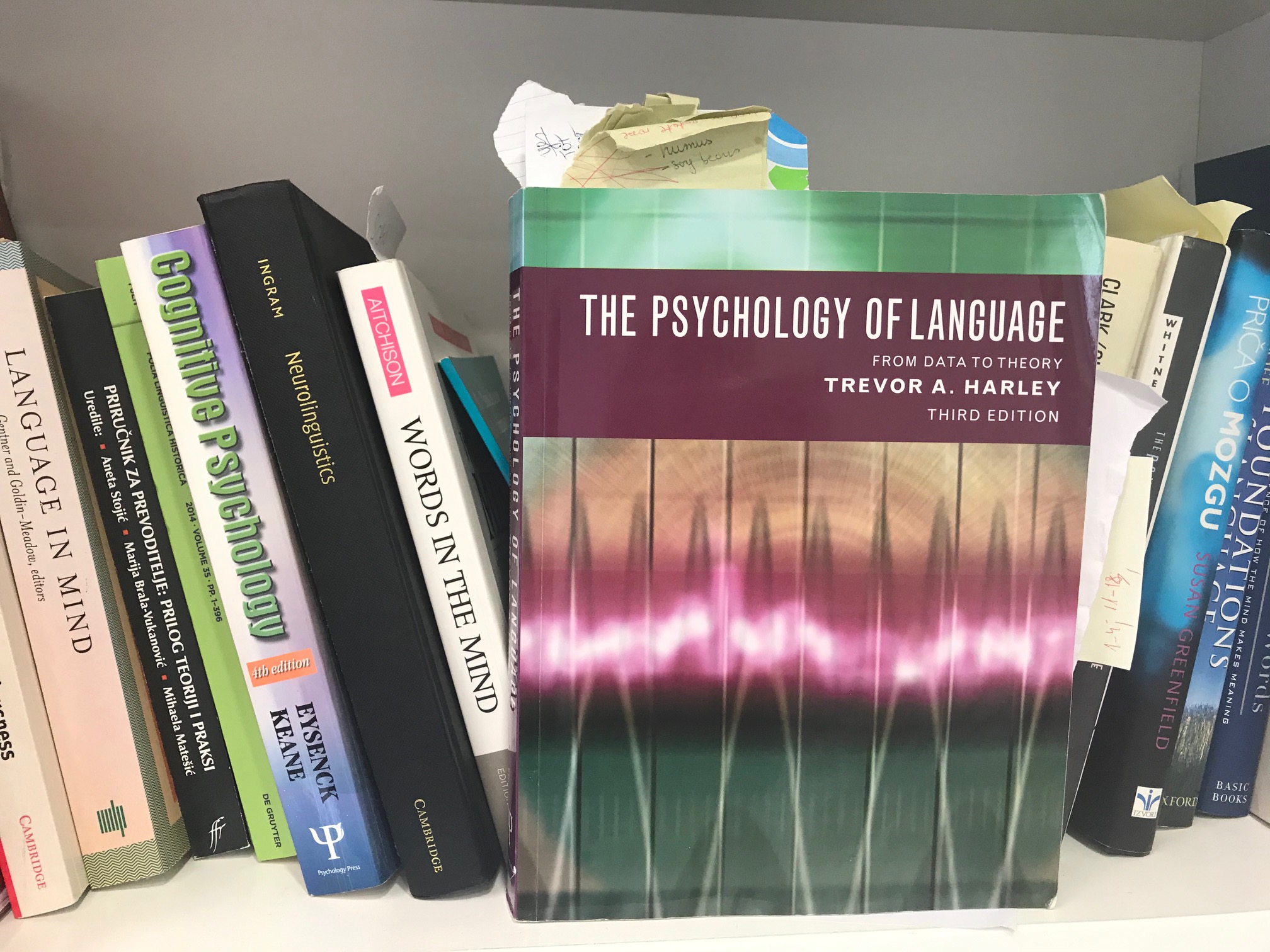- Nositelj kolegija: Tihana Kraš
- Izvođač kolegija: Nataša Košuta
- Izvođač kolegija: Maša Plešković
- Nositelj kolegija: Irena Grubica
- Nositelj kolegija: Lovorka Gruić Grmuša
- Izvođač kolegija: Petra Sapun Kurtin
- Nositelj kolegija: Lovorka Gruić Grmuša
- Nositelj kolegija: Aidan OMalley
- Nositelj kolegija: Tihana Kraš
- Nositelj kolegija: Jadranka Kim Musa
- Nositelj kolegija: Jadranka Kim Musa
- Nositelj kolegija: Irena Grubica
- Nositelj kolegija: Jadranka Kim Musa
- Nositelj kolegija: Irena Grubica
- Nositelj kolegija: Anita Memišević
- Nositelj kolegija: Anita Memišević
- Nositelj kolegija: Jadranka Kim Musa
- Nositelj kolegija: Branka Drljača Margić
- Nositelj kolegija: Irena Vodopija-Krstanović
- Nositelj kolegija: Lovorka Gruić Grmuša
- Nositelj kolegija: Branka Drljača Margić

- Nositelj kolegija: Antonija Primorac

The course objectives are: to develop students’ skills for critical thinking and writing; to improve language competencies through in-class discussions and written assignments; to enrich the students’ cross-cultural understanding through varied reading assignments; to raise awareness of different Anglophone (British, American, Canadian, Irish and other) literary and cultural traditions; to raise the students’ awareness of academic thinking and writing norms.
- Nositelj kolegija: Antonija Primorac
- Nositelj kolegija: Jakob Patekar
- Izvođač kolegija: Irena Vodopija-Krstanović

Ovaj kolegij ima za cilj upoznati studente sa temeljnim teoretskim i praktičnim (metodološkim) karakteristikama znanstvenog rada, posebice na polju humanističkih znanosti. Posebna se pozornost posvećuje osposobljavanju studenata za samostalni znanstveno – istraživački rad, u koju svrhu krajem godine moraju sami izraditi jedan seminarski rad koji ima sve karakteristike samostalnoga znanstvenog izvješća (rada).
Nastavne jedinice uključuju (ali nisu ograničene na): uvod u metodologiju znanstveno-istraživačkog rada (kvantitativno i kvalitativno istraživanje); prikupljanje podataka (pretraživanje bibliotečne/arhivske građe, rad na terenu, ispitivanja); oblici akademskog diskursa; izrada znanstvenog rada (izvornog vs. preglednog); bibliografija.
- Nositelj kolegija: Marija Brala Vukanović
- Nositelj kolegija: Aidan OMalley
- Nositelj kolegija: Branka Drljača Margić
- Nositelj kolegija: Irena Vodopija-Krstanović

Fascinated by contemporary fiction and graphic novels set in the long 19th century? Love watching TV shows and films that deal with the Victorian era? Curious about the ways in which imaginary as well as real Victorians, such as Frankenstein, Dorian Gray, Jack the Ripper, Jane Eyre and Ada Lovelace, get adapted on page and screen? Interested in learning more about the Victorian period and the way it gets used and abused in contemporary media? Then Neo-Victorianism is the elective course for you.
This course aims to give an insight into the development and spread of Neo-Victorianism, roughly defined as the use of elements of Victorian literature and culture in contemporary Anglophone literatures and cultures. It offers an insight into theoretical debates about Neo-Victorianism as a concept on the one hand and as an object of study on the other. It critically analyzes the use of aesthetic and ideological elements of the Victorian era in neo-Victorian literature and audio/visual forms. It aims to raise the students' awareness of the role played by cultural nostalgia in the production of Neo-Victorianism, and to make them understand various links between Neo-Victorianism and postcolonial, postfeminist and postmodern approaches to the literary text. Last but not least, the course examines the transmedial nature of the Neo-Victorian adaptations of the Victorian era.
- Nositelj kolegija: Antonija Primorac
- Nositelj kolegija: Irena Grubica

How do words mean? How do we find them when we need them, and how do we interpret them when we hear them? And how do we know when to understand them literally, and when to 'shift' meaning from literal to contextually implied? Where, and what is meaning? These are just some of the questions that we will adress in this course.
The aim of the course is to introduce students to the key concepts and problems in semantics and pragmatics, and enable them to deal with the problem of meaning in their own (research) work.
The course offers an introduction to the basic concepts and methods in the analysis of natural language meaning through a survey of four major current approaches and their findings: philosophical semantics, descriptive (traditional) semantics, cognitive semantics, and pragmatics. It should help students gain a better grasp of the relation between meaning and thought (concept), and ultimately help them tackle issues related to meaning both in intra- and crosslinguistic work.
- Nositelj kolegija: Marija Brala Vukanović
- Nositelj kolegija: Jakob Patekar
- Izvođač kolegija: Irena Vodopija-Krstanović
- Nositelj kolegija: Ivan Lupić
- Nositelj kolegija: Ivan Lupić
- Nositelj kolegija: Tihana Kraš
- Nositelj kolegija: Tihana Kraš
- Nositelj kolegija: Tihana Kraš
- Nositelj kolegija: Aidan OMalley
- Izvođač kolegija: Antonija Primorac
- Nositelj kolegija: Sintija Čuljat

This is an introductory course in linguistics, which combines theoretical insight with practical, problem based activities (PBL). Its aim is to equip students with basic linguistic notions that should enable them to view and understand language as a structured whole, and its relation to human thinking. This is accomplished by providing a background in several core areas of the study of human language i.e. helping students to master the main linguistic notions relative to the origin of language, written vs. spoken language, phonetics and phonology, morphology, syntax, semantics, pragmatics, discourse analysis, first language acquisition and second language acquisition.
This should, in turn, prepare students for a number of future courses, and enable them to follow all other linguistic subjects and modules that they will encounter during their course of studies (e.g. semantics, pragmatics, sociolinguistics etc.). Finally, the course is also intended to show students the need to study language(s) from the crosslinguistic perspective.
- Nositelj kolegija: Marija Brala Vukanović
- Nositelj kolegija: Ivan Lupić
- Nositelj kolegija: Mirjana Borucinsky

The objective of the course is to introduce to the students the basic
psycholinguistic concepts and contemporary psycholinguistic theories and
research methods and equip them with the skills necessary for critical thinking
about psycholinguistic theories.
- Nositelj kolegija: Marija Brala Vukanović
- Nositelj kolegija: Anita Memišević
- Nositelj kolegija: Branka Drljača Margić
- Nositelj kolegija: Irena Vodopija-Krstanović
- Nositelj kolegija: Irena Grubica
